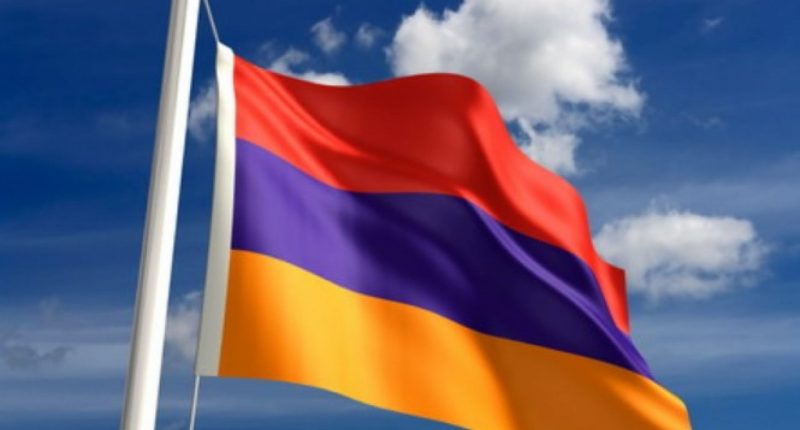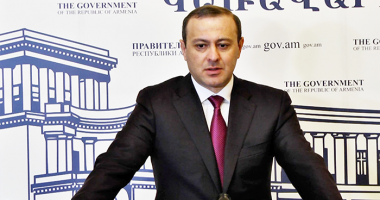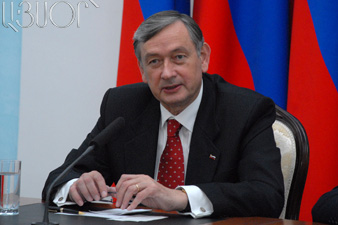Starting May 4th, COVID-19 restrictions in Armenia will be lifted with a few exceptions. Most businesses and restaurants have been allowed to open their doors, however, public transport will not resume for now, given that it is difficult to follow social distancing recommendations on public buses. As for schools and educational institutions, it has already been decided that they will all remain closed until the end of the academic year.
These steps to return to “normal life,” are being taken despite the fact that there has been a significant increase in the number of COVID-19 infections in recent days, prompting Health Minister Arsen Torosyan to issue a warning that that by the end of May, the number of infections could jump to 10,000 people.
The projected increase in the number of new cases is due to several factors: The first one is related to the number of tests administered, which recently increased to more than one thousand tests a day. The higher the number of tests administered, the more cases will be revealed. The second reason is that two weeks ago, the construction industry and factories were allowed to operate, after which the number of COVID-19 positive cases began to rise. Another contributing factor is the general public’s failure to follow social distancing rules and utilize face masks.
The government’s decision to gradually open the country is being criticized by some, with two conflicting objections. According to the first group, the restrictions were imposed when 20-40 new cases were being detected per day. Those numbers have now reached 150 and more per day with decisions being made to re-open the economy. On the other hand, the government and the people had one month to prepare for the next wave of the pandemic and learned new ways to adapt to life with COVID-19. Also, criticism is being leveled at the decision to shutting down the economy in the first place. The argument is that the country lost $54 million a day by imposing the strict measures. Critics cite the example of Sweden, the only European country where the economy remained open and the economic downturn was “spared.” The same critics forget to mention that Armenia, with a population of 3 million, until now, has had only 40 deaths, yet Sweden, with a population of 10 million, has had 3,000 deaths to date. Would the public have tolerated such a high number of loss of human life? Absolutely not.
Even if the government did not intervene and allowed the businesses and restaurants to remain open, the tourism industry, which accounts for 15-20 percent of the economy, has already been completely paralyzed, as it has been the case all around the world. Also, the remittance of those working in Russia, which fluctuates around one billion dollars a year, has stopped since that country imposed similar restrictions. During this period of globalization, no country is an island all by itself. Everyone is affected by events occurring anywhere in the world.
As in all countries, the Armenian government is facing a difficult dilemma. On the one hand, the health of the people is at stake, and on the other hand, the economic and social crisis are growing day by day. In order to mitigate the effects of the Coronavirus pandemic and boost the economy, the government approved 16 different projects worth $130 million. More than one million citizens and 40,000 businesses have benefited from these projects.
These financial interventions are not enough to alleviate the situation, but Armenia’s state resources are limited and what is available can only be attributed to the reforms that have been implemented since May of 2018.
The government promises to invest $500 million in the months ahead on infrastructure construction and modernization projects, providing employment opportunities to not only domestic workers, but also thousands of Armenian citizens who have recently returned from Russia.
Armenia was already facing many daunting challenges which are now compounded by health concerns. To navigate through this difficult period, the collaborative efforts of Armenians everywhere are needed. We hope that with our long term goals and focused work, better days will be ahead for our nation.
“MASSIS”










